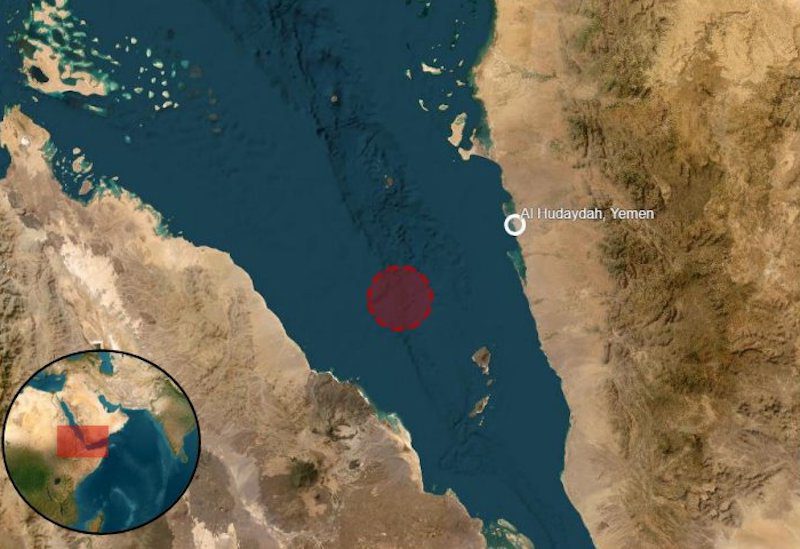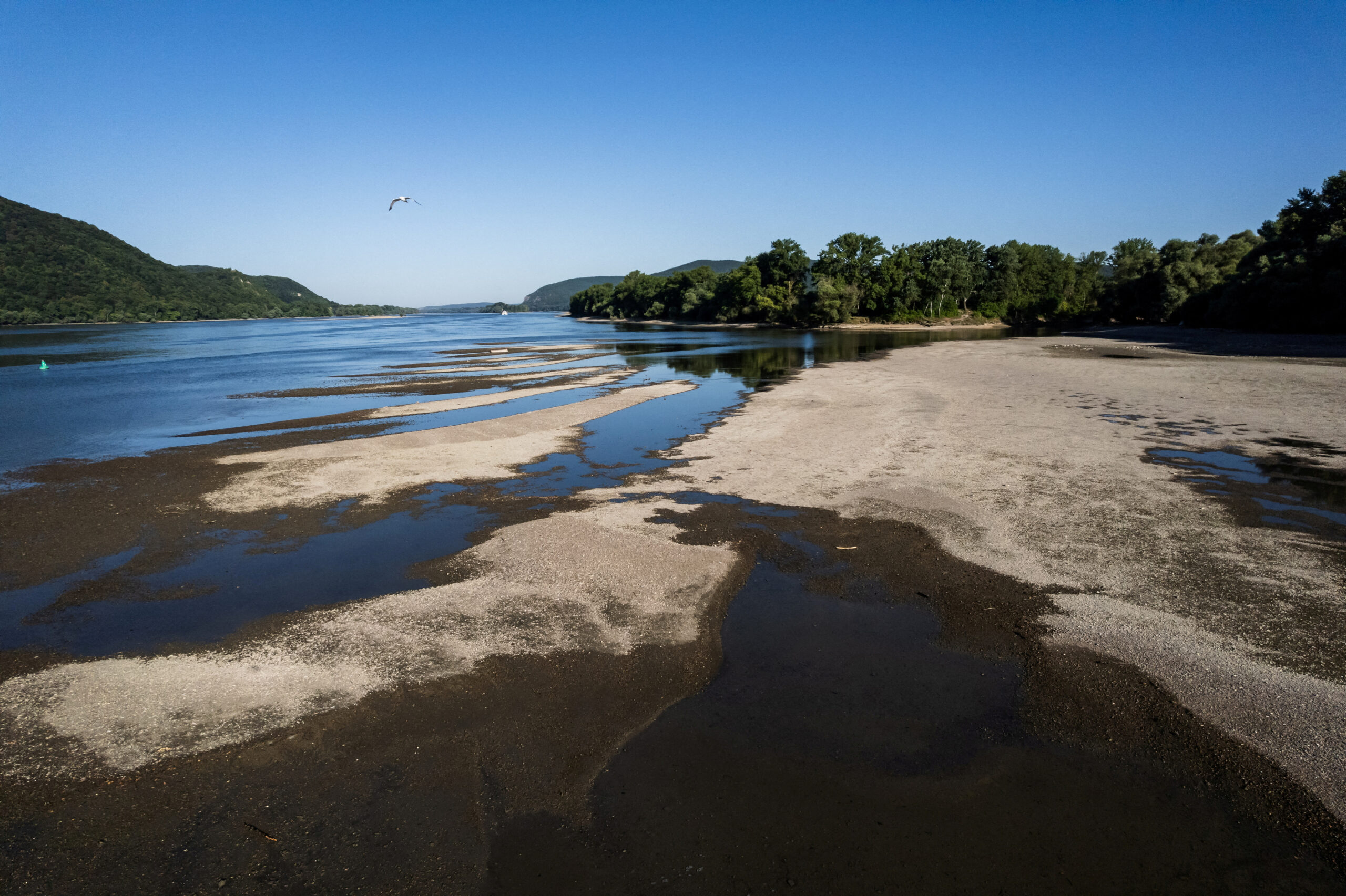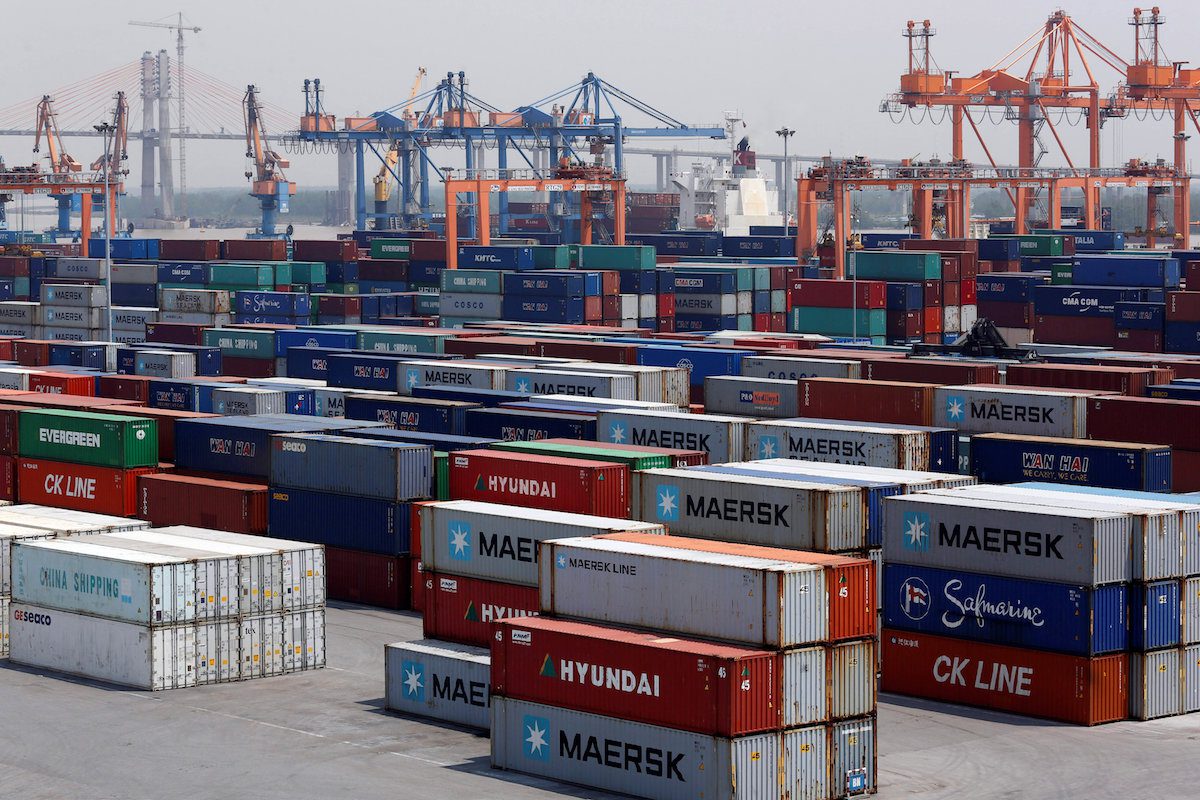(Bloomberg) —
Belgium is resuming transshipments of Russian liquefied natural gas destined for Asia after a summer lull — a practice that’s been used for years but has become more controversial ahead of a 2025 ban.
Two vessels are scheduled to load Russian LNG at Belgium’s Zeebrugge terminal later this month — the LNG Dubhe and LNG Phecda — after two ships deliver the fuel to the port around the same time, data on the port’s website show. Those are first transfers of fuel from Russia’s Yamal LNG plant since August.
Transshipments have been used to send fuel from the facility in the north of Russia to Asia primarily during winter, and involve transferring cargoes from ice-class vessels onto conventional ships at European ports. From October and until late spring, Russia typically can’t use the shorter Northern Sea Route to deliver LNG to Asia as thick ice blocks the sea.
The practice is set to change, however, when the current heating season ends, as the European Union will ban transshipments of Russian LNG at its ports as of late March 2025. Some EU members, including top importers of Russian LNG like France and Belgium, are calling for stricter tracking of the fuel to help phase out reliance on it.
There’s still no EU-wide ban on Russian LNG arriving to the region for its own needs. Purchases of the fuel even increased after Russia’s invasion of Ukraine, though overall energy imports from the country have fallen.
© 2024 Bloomberg L.P.

 Join The Club
Join The Club










